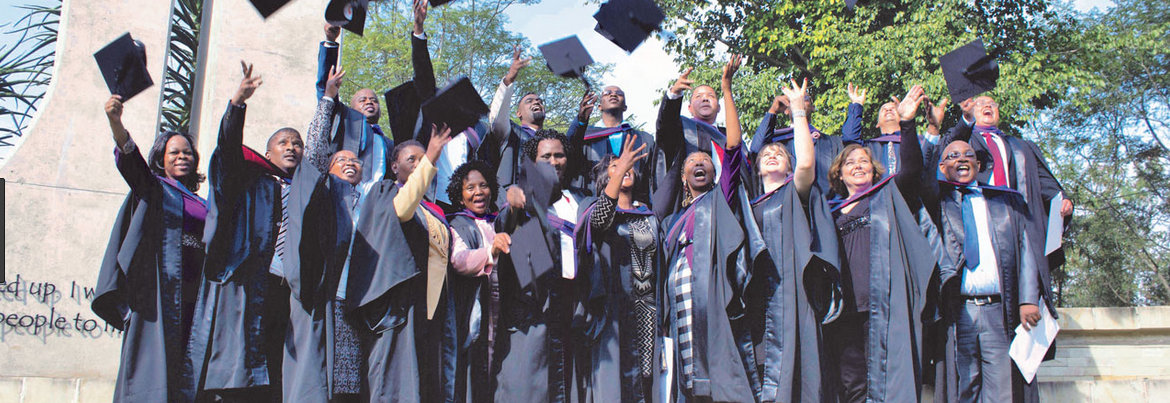How to Support a Missionary
/I might have a terrible sense of timing. I’ll admit that right away.
Lots of my friends and colleagues have questioned the wisdom of my becoming a missionary of the General Board of Global Ministries (GBGM) of the United Methodist Church at a time in which, one year from now, the church as we know it might not exist.
Yes, there are lots of reasons why this may be a bad idea. For one, many churches (including Kessler Park!) have decided to withhold their global apportionments until General Conference 2020 — that is money that is used to fund GBGM missionaries! And what will happen to the general boards and agencies in the event of a split? Which side of the church will inherit them?
One thing I know for sure — those of us who are clergy didn’t opt for the ministry because it was a safe and secure career path! Indeed, we didn’t choose to be pastors — we were called.
The truth is that I’m going back to Africa as a missionary simply because I believe God is calling me and Leah. This isn’t my idea, but God’s.
As I previously announced, I will be teaching at Seth Mokitimi Methodist Seminary in Pietermaritzburg, South Africa beginning in July 2019. I recently received my first semester course load; I will be teaching Methodist History and Introduction to Christian Ethics. I’ve also been asked to co-lead a post-graduate program called Theologies and Perspectives of Leadership. I honestly can’t think of a more important place to be — and role to play — than this appointment, even though I will greatly miss my friends in the North Texas Conference.
But I will need the assistance of United Methodists in North Texas to succeed in my new position. As you may know, there is a financial crisis in our denomination.
Let me explain how missionaries are funded in our current system. First, unlike other missionary agencies, United Methodist missionaries receive monthly salaries from GBGM. Salaries are paid from a general pool of money. At the end of each three-year term, missionaries spend three months traveling among UM churches, telling their stories, and raising money for the GBGM missionary pool.
The money in this pool comes from a number of places: partnerships with congregations and individuals, investments made by GBGM, and from the World Service Fund of the church’s general apportionments.
But the amount of money available has been shrinking. Even before the 2019 General Conference, the next quadrennium budget for GBGM had been slashed by 20%.
One way to ensure that GBGM missionaries can remain on the mission field in the future is to support missionaries like me and Leah with Covenant Relationships.
At last week’s Annual Conference, I invited North Texas congregations to consider entering into a Covenant Relationship with me during my ministry in South Africa. Covenant partners agree to send $2,500/year (or $5/member) to the GBGM missionary pool on my behalf for a period of one to three years.
It would mean a lot to me if Kessler Park UMC considered the same thing. By becoming a Covenant sponsor, you would not only be supporting United Methodist missionaries across the world, you will also guarantee a visit from me in three years when I come back to the States on furlough.
I’d love to have Kessler Park as one of my official sponsors, but even more so, I value your prayers and encouragement. Thank you for preparing me for my next phase of ministry.




